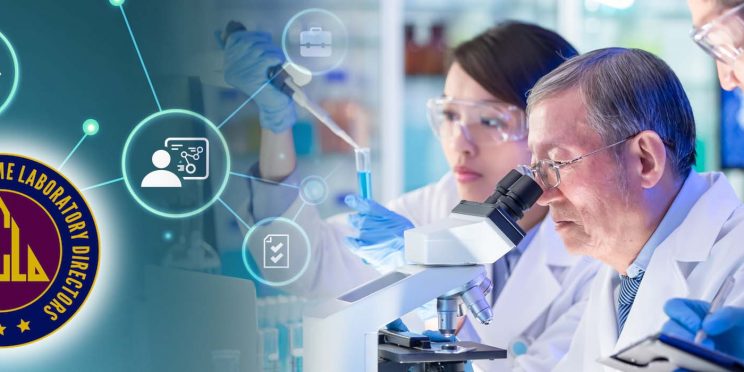Date
April 2021
Overview
The Federal Bureau of Investigation’s (FBI’s) Combined DNA Index System (CODIS) is a powerful tool that supports the criminal justice system by generating investigative leads, identifying perpetrators, and linking cases together. DNA profiles obtained from convicted offenders and arrestees are entered into the appropriate index and uploaded into the State DNA Index System and the National DNA Index System of CODIS. Through the search process, CODIS may identify a match between the DNA profile obtained from a forensic crime scene sample and the DNA profile obtained from a convicted offender or an arrestee; resulting in an offender CODIS hit.
Recent research and practitioner experiences have confirmed that the CODIS database is not consistently populated with DNA profiles obtained from convicted offenders and, in relevant states, arrestees. These samples, known as “lawfully owed DNA” samples, are critical to the successful utilization of CODIS. This study seeks to identify the potential barriers related to the collection, tracking, and processing of arrestee and convicted offender samples and highlights recommendations to address challenges. This report can assist criminal justice stakeholders with identifying and resolving needs associated with the effective tracking, collection, and testing of lawfully owed DNA samples to ensure the state and national databases are appropriately populated to comply with state and national legislation.
Funding for this Forensic Technology Center of Excellence report was provided by the National Institute of Justice, Office of Justice Programs, U.S. Department of Justice.
The opinions, findings, and conclusions or recommendations expressed in this report are those of the author(s) and do not necessarily reflect those of the U.S. Department of Justice.
Contact us at ForensicCOE@rti.org with any questions and subscribe to our newsletter for notifications.




